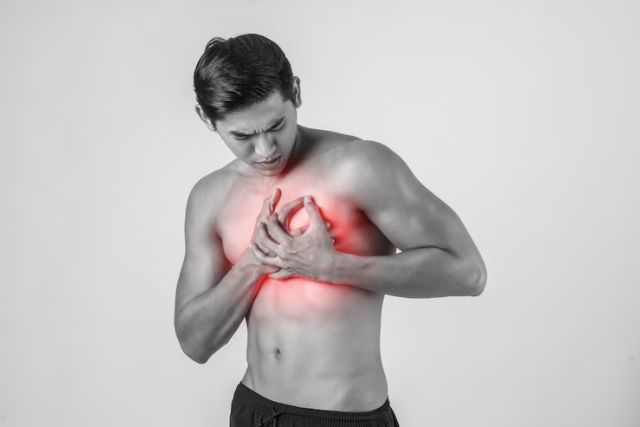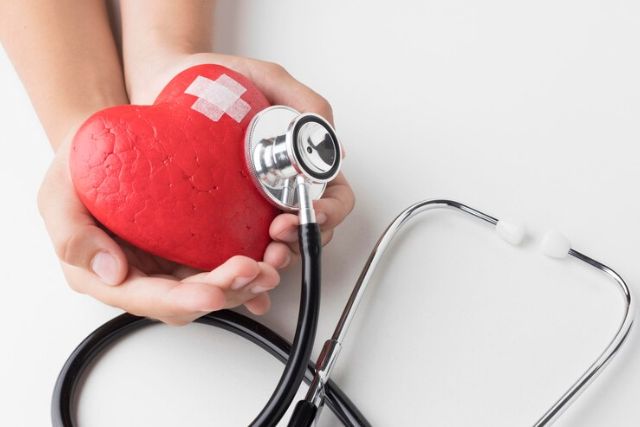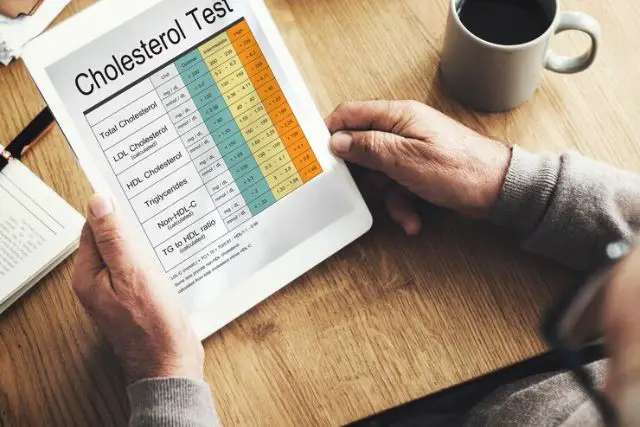Cholesterol is the dreaded word that most Indians believe manifests heart-related issues. This is not completely accurate. Cholesterol is a waxy, fatty substance present in your body cells. How can you control cholesterol & heart illnesses? Also, it can be found in some types of food, and it is created in your body, too. Also, your system must make Vitamin D, the body’s hormones, and other factors required to digest food.
Cholesterol & Heart Illnesses:

Like anything else, an excessive amount of cholesterol is dangerous to the body and is the key reason for many cardiovascular illnesses. Moreover, what is dangerous is that there are no visible signs to acknowledge that somebody has high bloodstream cholesterol. Like a slow poison, it might keep the body from inside until, eventually, you understand it, possibly after serious damage continues to be completed to the boy.
Health cholesterol:

The liver produces 80% of the needed cholesterol, which the body obtains through food. Meals are produced from animal items like cheese, meat, chicken, and fish.
- Lipoproteins carry cholesterol within the bloodstream. You will find four types of lipoproteins in your body:
- High-density lipoprotein (High-density lipoprotein) or “good cholesterol”
- Low-density lipids (LDL) or “bad cholesterol.”
- Low-density lipoproteins (VLDL) are really bad types of cholesterol
- Chylomicrons have little cholesterol but many other dangerous fats known as triglycerides.
Healthy cholesterols:

Who’s Safe?
People frequently trick themselves into believing they can’t possess a certain disease, similar to cholesterol. Women think that they can’t have high cholesterol levels; only men will probably get it. Some think it’s just that they must be concerned about cholesterol once they mix until their fifties. Incidents were believed that being thin was the ticket to safety. Regrettably, all are wrong. Anybody might have high cholesterol levels.
You ought to get checked for this after two decades old. Using the creation of smartphones and computer systems, the more youthful generation has adopted an inactive lifestyle where exercise has reduced to the tap of thumbs on their phone screens. The meal choices also have altered from simple but healthy food choices to dishes drenched in butter and garnished with extra cheese. Putting them at a greater chance of high cholesterol.
If you’re overweight and have past high cholesterol levels in the household or should you suffer other illnesses like diabetes, you ought to be extra careful. People who smoke or are obese people also need to be examined regularly.
The Guilty Meals:

A heart-nutritious diet and lots of exercise will help you control excessive cholesterol. Avoid meals rich in fatty foods. The usual suspects are animal products like veal, pork, beef, eggs, milk, and cheese.
Coconut oil, palm oil, or cacao butter are every bit guilty. Lastly, your favourite munchies contain saturated fats like snacks and chips. Steer clear of those whenever possible.
The Signs:
High cholesterol levels are a disguised disease. It never shows any signs. Many people uncover it just if this produces a more severe health concern like
- Cardiac arrest – brought on by the blockage of arterial blood vessels from the heart
- Angina – discomfort brought on by the narrowing of the arterial blood vessels
- Stroke – brought on by blockage within the arterial blood vessels from the neck or brain
- Discomfort on walking – caused by a blockage inside an artery from the leg
I Do:
Regular testing might help identify and treat high cholesterol levels. Moreover, in the Indian lifestyle, doctors recommend that the initial test occurs at the age of twenty to establish a baseline for cholesterol, and individuals should undergo examination every five years. As mentioned earlier, individuals with a family history or other illnesses or lifestyle factors should undergo examinations more frequently.
Grown-ups with heart illnesses are deserving of examination at least one time annually, similarly for individuals struggling with diabetes and hypertension.
The fat panel and fat profile are cholesterol levels, and they’ll be completed at almost all diagnostic centres. However, if you simply call your physician upon physical examination, he may suggest another test, too.
Related Readings:
3 Enjoyable Tips To Maintain Your Weight Reduction Motivation

